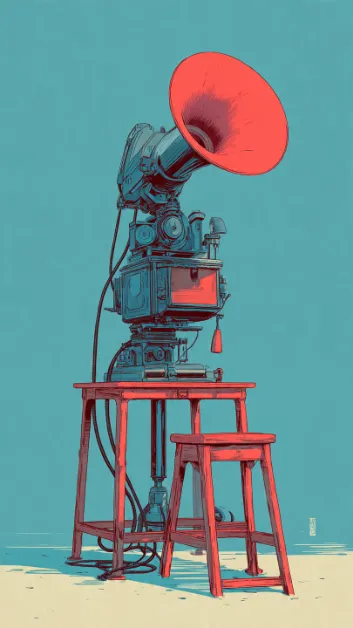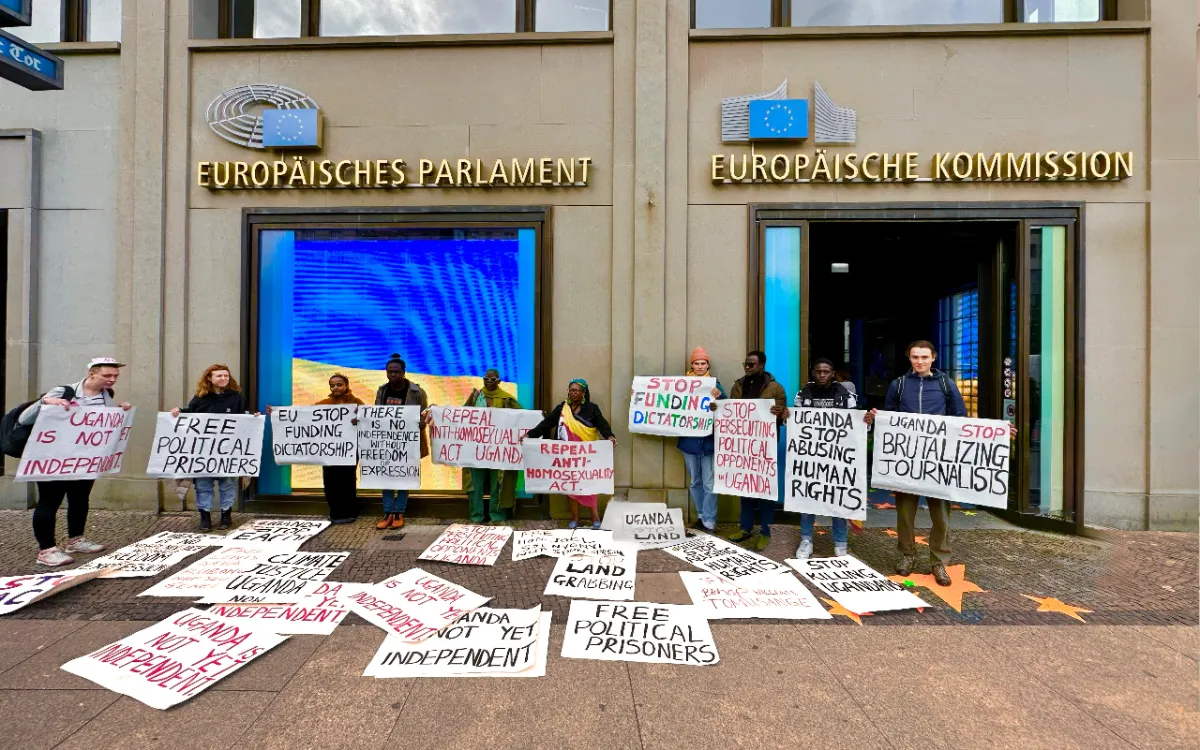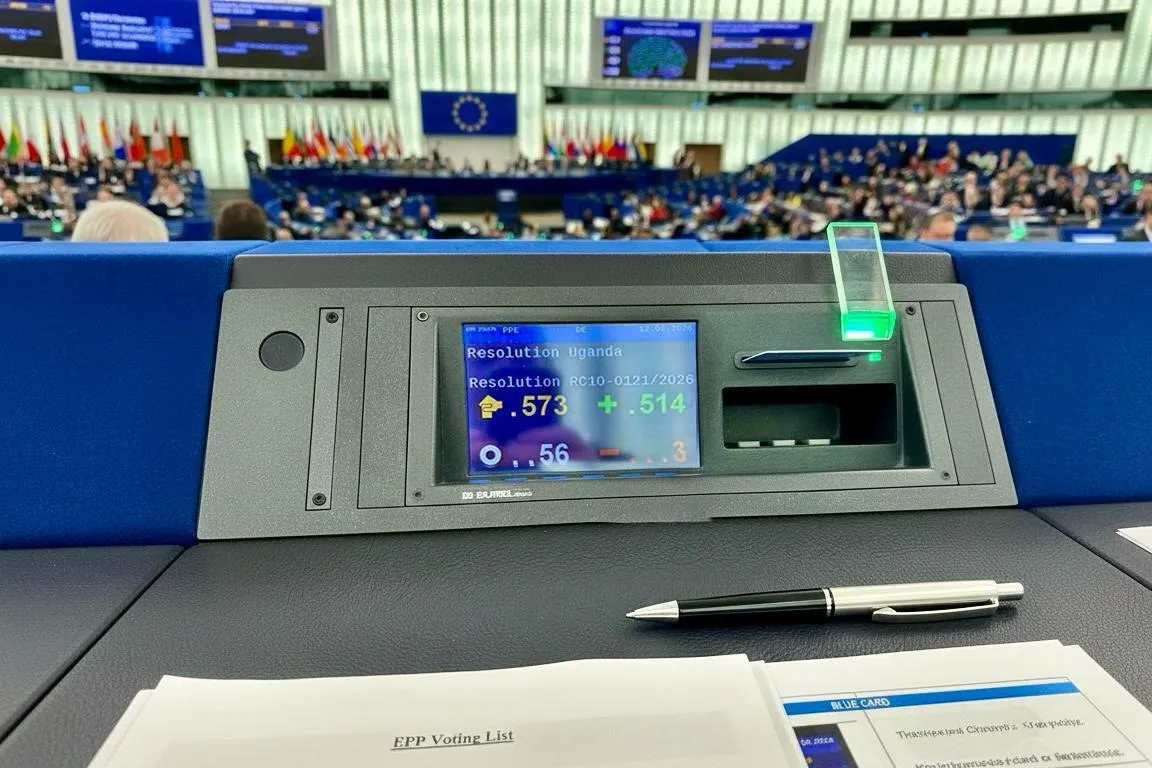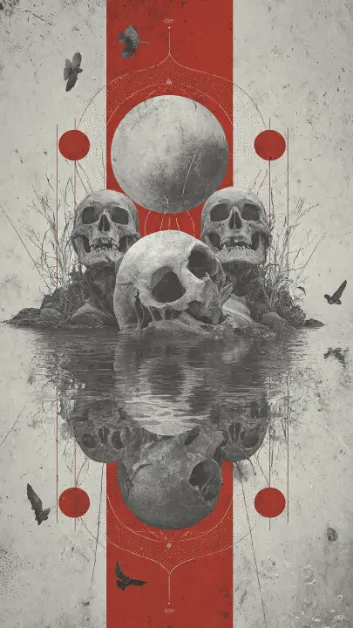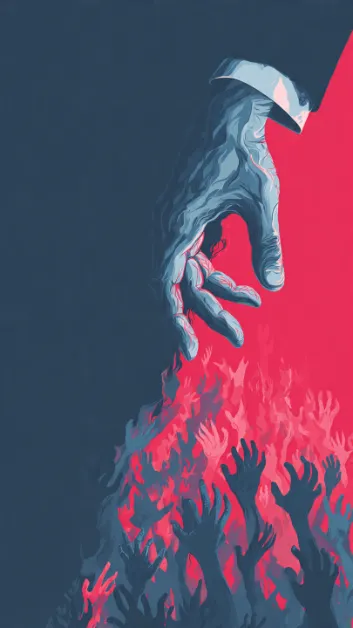.webp)
“Enugu”—The Bitter Choir That Claps When You Fail
The Word That Isn’t a Word, Yet Speaks Loudest
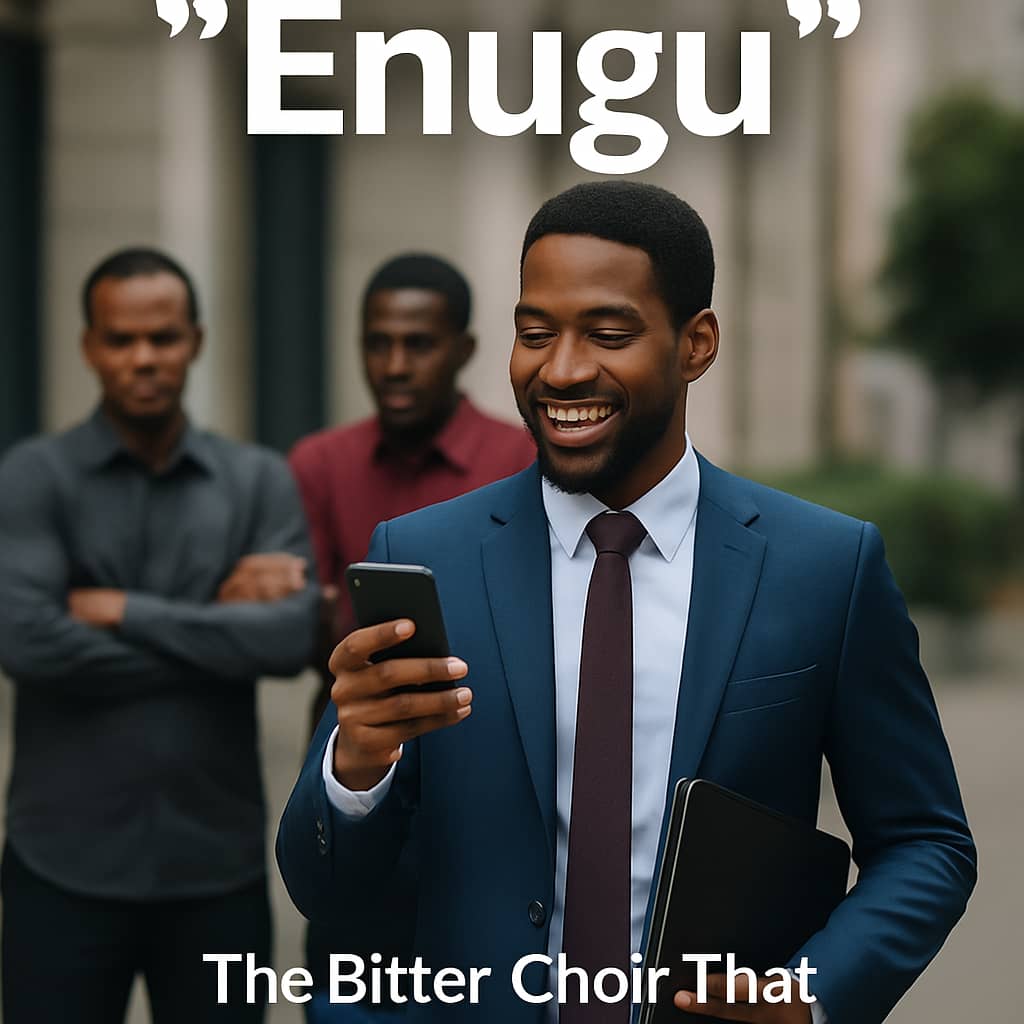
24 Jun, 2025
Share
Save
In the alleys of Kampala’s slang, beneath the polished walls of grammar and classical Luganda, there lives a word so sharp, so raw, so socially aware—it needs no dictionary.
That word is: “Enugu.”
It doesn’t come with vowels polished by Buganda elders. It does not bow at the feet of Kato, Wasswa, or Nabagereka. It was not born in the king’s court. No—it was forged in gossip. Tempered in comparison. Sharpened in bitterness.
Phonetically, it hisses and clicks:
“Eh-NOO-goo.”
Or sometimes, in rapid youth inflexion: "Nugu!"
Not to be confused with “obusungu” (anger), enugu in urban slang is more dangerous—it is not anger expressed, but bitterness suppressed. Not confrontation, but corrosion. A silent wish for your downfall. A quiet joy at your suffering.
It is the darkness that smiles in daylight.
It is the applause in the shadows when your plans collapse.
Where It Came From: The Evolution of Emotional Warfare
“Enugu” is said to derive from “obunafu bw’omutima”—weakness of the heart, as Luganda speakers might explain envy.
But somewhere along the way, this term moved from inner weakness to external hostility. The street gave it color. Youth gave it tempo. Pain gave it permanence.
Now, enugu is no longer a feeling—it is a people. A class. A demographic.
We say:
“Abo be nugu.”—Those are haters.
“Nugu zimuluma.”—He is being eaten up by envy.
“Nugu emumaze.”—Envy has consumed her.
It is the politics of perception. A whispered rebellion against your light.
The Enugu Economy: Why You’re Hated for Surviving
Sometimes, the car you bought is not too expensive—it’s just too real for those who swore you would never afford it.
Sometimes, your graduation photo is not too beautiful—it’s just too painful for the one who dropped out in secret.
And so, enugu grows.
Silently. Stealthily.
It follows you on WhatsApp statuses. It peers through your Instagram likes. It attends your wedding with a smile—and prays that your marriage crumbles.
They say:
“He thinks he’s arrived.”
“Look at her, she forgot where she came from.”
“How did he get that job?”
But behind those words is not logic. It’s not morality.
It’s enugu.
Ugly, tired, and hungry for your downfall.
The Cost of Being Seen: How Success Summons Silent Enemies
We thought poverty was the struggle.
But no visibility is the new battlefield.
The minute you rise, you attract fire.
In this age of curated lives and digital perfection, “enugu” is not only personal—it’s institutional. Whole cliques form not on friendship, but on shared envy.
They gather not to build, but to calculate your fall.
We live cautiously.
We lower our wins.
We whisper our joy.
Because the louder you laugh, the more they sharpen their claws.
They may never shoot you. But they will sabotage you with silence,
Or worse, support you with sarcasm.
Dear Dreamer: Shine Anyway
To the young dreamers, to those trying to climb, let this truth pierce your heart:
The presence of enugu does not mean you're wrong. It means you're rising.
When they mock your startup, when they ignore your promotion, when they yawn through your book launch—know this:
They are not bored.
They are bruised…
By your courage to become more than what they predicted.
Let them gossip.
Let them group.
Let them gather.
You were not born to dim.
You were not anointed to beg for applause.
You were not blessed to beg for their permission.
May Enugu Find Peace—and Let Us Breathe
We all carry a bit of enugu in us.
Let’s not lie. We’ve scrolled and felt it.
We’ve seen our friends succeed and paused to ask, “Why not me?”
But the difference between envy and enugu is action.
Envy can inspire you.
But Enugu—enugu hates you for trying.
And so, we name it. We confront it. We call it out.
Behind every dropout who rose, every poor child who got a visa, every first-time author who dared to publish, every woman who left an abusive marriage and started over, was an entire choir of enugu chanting her doom.
Yet she rose.
Let them bark.
We? We build.
“Enugu ziruma, naye tetuluma.”
(Let envy bite, but we do not bite back.)
Because we are too busy becoming everything they said we’d never be.

